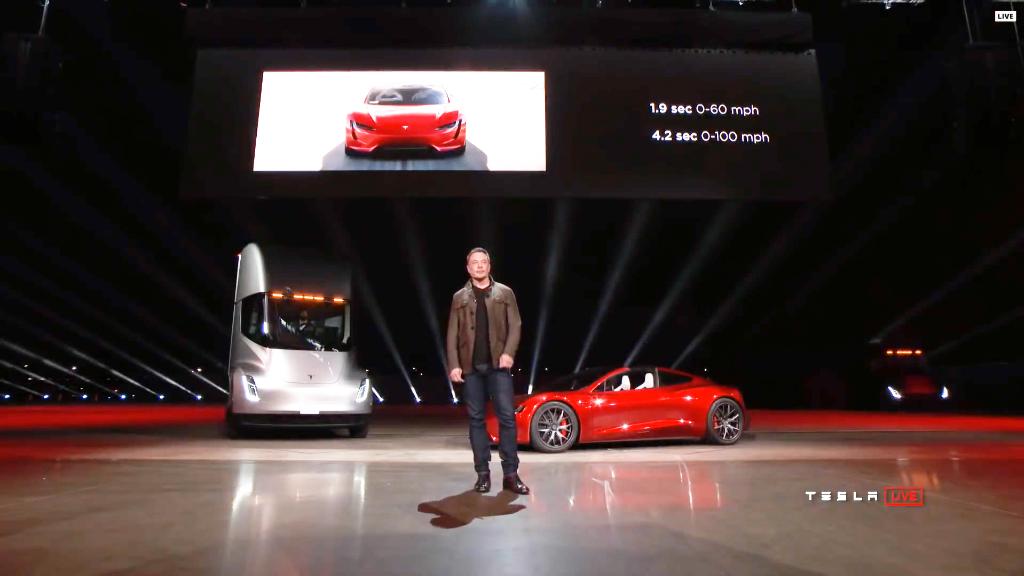
Boards of companies like Tesla that revolve so heavily around entrepreneurs-turned-CEOs might see Elon Musk's behavior of late as a cautionary tale.
Musk has made it clear by his actions and in a recent New York Times interview that he's operating under maximum stress with little rest or social life.
"Musk's story is dramatic but not unique," said Dr. Kerry Sulkowicz, a psychoanalyst and managing principal of the Boswell Group who advises CEOs and boards.
When CEOs show signs of burn out, there can be negative consequences for the company, its employees and its shareholders, according to James Westphal, a professor of strategy at University of Michigan's School of Business.
Their decision-making can become more impulsive. They are less likely to share as much information or seek input from their leadership teams and boards. They are likely to be less supportive of subordinates. And the more out of control they feel, the more autocratic they're likely to become.
And the outcomes can get worse. In Musk's case, Tesla's stock has taken a beating, and he is facing shareholder lawsuits and possible SEC sanctions for casually tweeting out that he might take Tesla private, only to say weeks later that he's abandoned the idea.
So what can a board do to avoid such adverse actions before it's too late?
Get more involved in a supportive way, Sulkowicz and Westphal advise.
Related: Depression in the C-suite
In addition to the fiduciary duties to oversee the company, a board's role is the care and feeding of the entrepreneur-CEO, Sulkowicz said. At least some board members should develop a close, consultative relationship with the person running the company and become a trusted sounding board.
"And when necessary, recommend a CEO get help," he said. "There should be no shame in that. It can make the difference between the company thriving and blowing up."
Westphal's latest research finds the more CEOs have a trusted relationship with their boards and feel supported by them, the less likely they are to burn out.
And the more shareholders are made aware that the board is routinely involved, that will alleviate some of the stress on the CEO should certain key decisions not pan out.
"It helps offset the cult of personality," Westphal said.
Boards should fight against that cult of personality, he said, because investors, academics and the media always want to attribute too much responsibility for a company's performance to one person.
When asked to comment for this story, a spokesperson for Tesla pointed to a statement issued last week from the company's six independent board members. The statement noted that the board created a special committee to evaluate Musk's proposal to take the company private. After Musk told them he believed the better path was to not go private, the committee was dissolved, the statement said.
Related: Where high-level executives go to recharge
"The Board and the entire company remain focused on ensuring Tesla's operational success, and we fully support Elon as he continues to lead the company moving forward," the statement said.
As for Musk, he dismissed a public plea earlier this month from Arianna Huffington that he make time to refuel and recharge. Huffington, who is the founder of wellness company Thrive Global, urged Musk to rethink his 120-hour work weeks and never taking any time off.
In a tweet he posted at 2:30 a.m., Musk wrote, "I just got home from the factory. You think this is an option. It is not."

